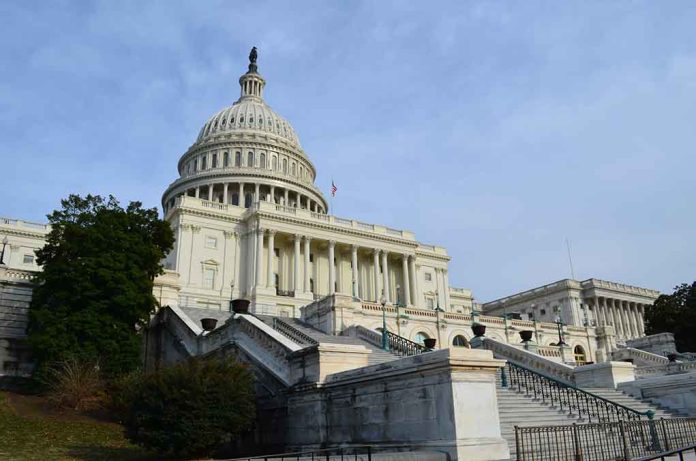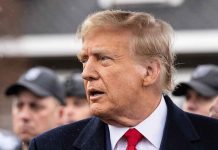
On April 8, a crucial House Science, Space, and Technology Subcommittee hearing titled “DeepSeek: A Deep Dive” unleashed profound discussions on AI and policy implications, leaving many pondering America’s role in the future AI landscape.
Key Takeaways
- Adam Thierer testified on AI advancements and China’s growing influence.
- The CCP aims to position China as a leading AI hub by 2030.
- Thierer suggested a pro-freedom AI agenda to keep America competitive.
- He emphasized the importance of balancing AI innovation with safeguards.
Deep Dive into AI and Policy
On April 8 at 10 a.m. ET, the House Science, Space, and Technology Subcommittee on Research and Technology opened its doors for a hearing entitled “DeepSeek: A Deep Dive.” Key figures, including Adam Thierer from the R Street Institute and Gregory Allen from the Center for Strategic and International Studies, convened to discuss artificial intelligence and data science, especially focusing on contemporary policy shaping these fields.
The hearing scrutinized AI’s rapid evolution and its impacts on both economics and national security. Participants sought to explore the dual facets of AI—its transformative capabilities and the safeguards required to mitigate risks. Importantly, the event shining a light on the policy landscape shaping AI and the complex competitive dynamics between global powers.
China’s Strategic AI Ambitions
Adam Thierer, a senior fellow at the R Street Institute, emphasized how swiftly China has matched America’s AI and computational capacities. He illustrated the launch of China’s DeepSeek “R1” AI model as akin to a “Sputnik moment,” signifying a pivotal shift in AI dominance. China’s entry, marked by powerful AI models from firms like Alibaba and Tencent, highlights its long-term plans to emerge as “the world’s primary AI innovation center” by 2030.
Beijing’s strategy isn’t just confined to developing cutting-edge AI. The Chinese Communist Party seeks to propagate digital authoritarianism globally, using initiatives like the Digital Silk Road to dominate technology markets worldwide. This approach casts a spotlight on China’s bid to fast-track its influence at a speed and scale that challenges conventional containment strategies.
Thierer’s Proposed AI Agenda
Thierer argued that traditional methods aren’t effective against China’s rapid AI technology gains. He proposed a pro-freedom AI agenda aimed at keeping America at the forefront of technological advancement. This includes advocating for open-source AI models, ensuring competitive energy markets to support AI research, attracting global talent, and formulating a comprehensive national AI framework.
Thierer also stressed the significance of prioritizing free speech in the algorithmic age, cautioning against fear-induced policies that may undermine U.S. AI growth. By balancing innovation with necessary safeguards, America can harness AI’s full potential while ensuring responsible technological leadership.





